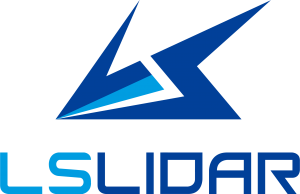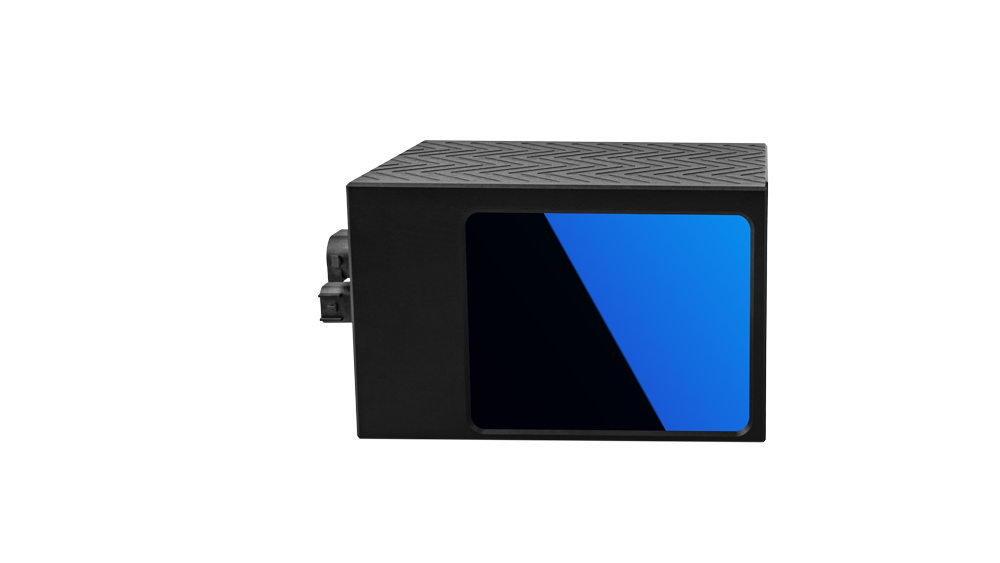On the morning of April 21, Leishen Intelligent held the CH128X (Click HERE to view the datasheet)new product launch conference at the Auto-Shanghai Exhibition (Booth 2.2H-6BC011). Many domestic OEMs, production and research institutions, and the media attended the event. The founder of Leishen Intelligent, Mr. Hu Xiaobo, CEO, Mr. Li Qingwen, Dean of Automotive Evaluation Research Institute, Mr. Zhan Hongbo, Vice President of Mushroom Car Federation, Mr. Fan Jiangfeng, Vice President of German TUV North Germany Group Greater China, etc. delivered speeches and unveiled the new products.
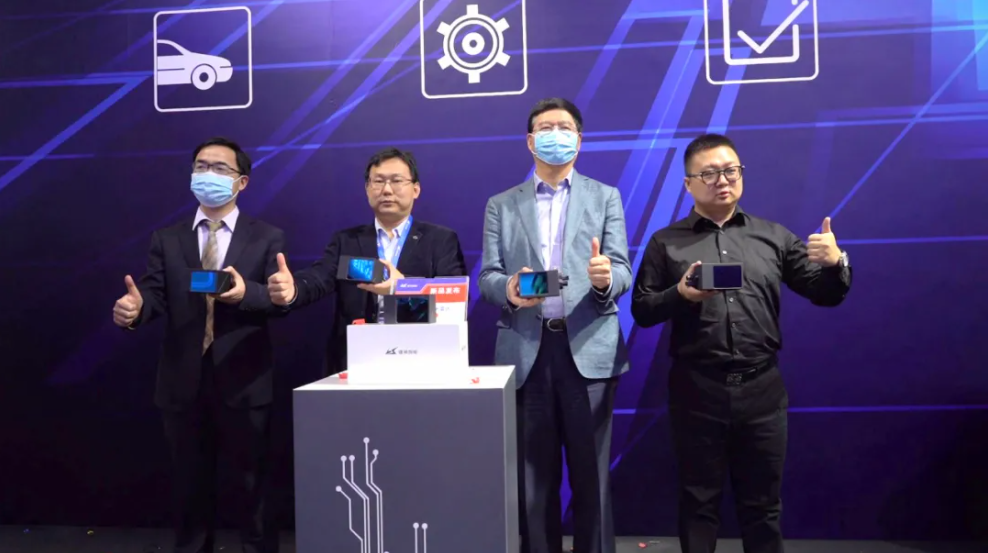
From left to right: Fan Jiangfeng, Vice President of the Greater China Region of TUV North Germany, Hu Xiaobo, Founder and CEO of Leishen Intelligent, Li Qingwen, Dean of the Automotive Evaluation Research Institute, and Zhan Hongbo, Vice President of Mushroom Car Federation
At the press conference, Xia Yunpeng, vice president of Leishen Intelligent Automotive Division, gave a detailed introduction to the CH128X in terms of LiDAR detection performance, vehicle safety, installation plan, and how to support large-scale mass production of OEMs.
1#
Detection Performance
Currently, high-end passenger cars equipped with lidar are mainly used for L3 and L4 autonomous driving functions to achieve more accurate and reliable perception. In the L3 and L4 level scenarios, the autopilot system is no longer just an auxiliary driving function. The driver has become to a passenger. When driving fast, it is particularly important to recognize the target in the forward direction (generally at least 180 meters or more). Only by recognizing the target early can we gain more time for operation adjustment for intelligent driving and ensure the safety of intelligent driving vehicles.
At the Shanghai Auto Show conference, the latest CH128X1 launched by Leishen Intelligent can detect 200m under the condition of 10% reflectivity in terms of ranging performance. This ranging capability is far ahead of the industry’s highest level; and the detection field of view covers 120 °x25°, the resolution in the key perception area (ROI) is as high as 0.18°x0.125°, and the number of point clouds can be obtained up to 850,000 points per second for a single echo.
The audience can intuitively see the point cloud effect of the real-time demonstration of CH128X1 from the scene. So, how do we judge whether the lidar point cloud imaging quality is good or not? In fact, after the lidar emits the laser, each point received will output an x, y, z value to the system. These points will be restored to the coordinate system according to the x, y, and z values. The neater the arrangement of the formed point cloud, the clearer the image. The CH128X1 has clear, clean and tidy edges of the three-dimensional imaging of the booth environment and no noise. It can be seen that the consistency of its declared accuracy of ±3cm is relatively high. On the whole, the point cloud of CH128X1 has almost no obvious jumps, which shows that its stability is also high.
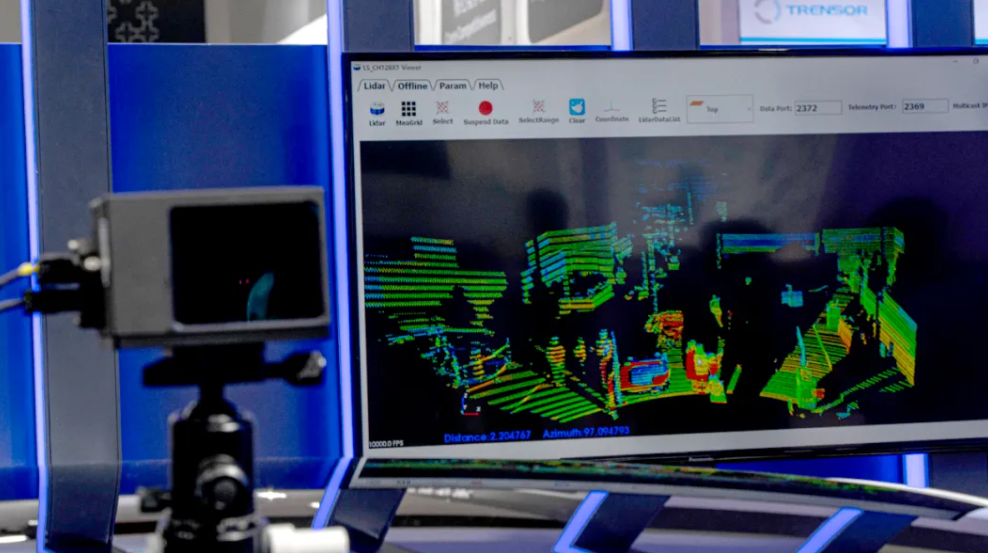
In addition, the detection performance of lidar for low-reflection targets is also very important, especially when encountering black light-absorbing objects, the detection performance of lidar tends to be greatly reduced. In this regard, CH128X1 seems to show no taboo. As far as I can see, the booth of Leishen Intelligent is covered with dark gray carpets (reflection rate is exactly about 10%), and the ground detection imaging of CH128X1 is still very uniform, including the Dongfeng sharing-smart placed in the booth. The black body of the unmanned sweeper also has a clear image to be presented, which shows that it still has a very good detection performance for objects with low reflection absorption.
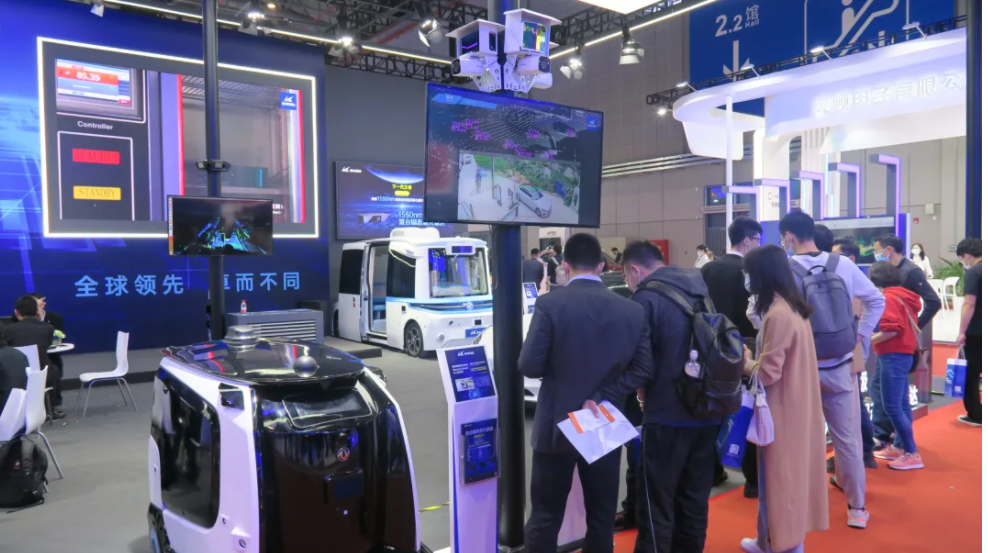
The press conference also showed the actual test results of CH128X1 on the road. In the video, CH128X1 can clearly image the common targets on the road such as motor vehicles, pedestrians, traffic signs, street signs, cones, railings, curbs, etc.
CH128X1 Road Test Point Cloud
2#
Automotive regulatory functional safety
CH128X can detect its own faults autonomously, self-check and monitor more than 30 core items including rotating mirror status, laser emitting end/receiving end, window temperature, window dirty degree, human eye safety, etc., and the fault detection time is ≤ 100ms, the diagnostic coverage rate is over 97.5%, the random hardware failure index is less than 0.000,000,1/h, and the human eye safety detection time is less than 10us, which can fully meet the ASIL-B and SIL-2 functional safety levels, which is a stable and reliable perception of automatic driving Do the strongest guarantee.
The press conference showed a series of car gauge tests performed by CH128X1, including vibration test with acceleration of 28m/s2, low temperature test at -40°C and high temperature test at 85°C, salt spray test, drop test, electrostatic discharge test, radiation anti-interference Test and power frequency magnetic field test and so on. CH128X successfully passed these rigorous tests, and there is no problem for Leishen Intelligence. After all, its previous CH series hybrid solid-state lidar has successfully passed the vehicle regulations DV, PV, and EMC inspections. It is the global leader after Valeo who manufactures the lidar products that can pass the automotive standard certification.
CH128X1 stability and reliability test
The CH128X and CH series are in the same line. They both adopt a rotating mirror hybrid solid-state scanning scheme, that is, the laser emitting and receiving systems are both fixed, and the laser scanning angle is adjusted through the rotation of its special prism. Although the only rotating mirror inside the lidar is mechanical movement, the moving mirror is actually very light, and the burden on the lidar motor is very small. Therefore, this solution is more reliable in resisting the impact and vibration of the vehicle environment, and the CH128X1 is expected In September this year, it will obtain North German functional safety ISO26262 certification.
3#
Installation Scheme
At present, there are two common installation positions for lidar on the car, one is embedded in the roof, and the other is embedded in the front of the car. In fact, these two solutions have their own advantages and disadvantages.
Lidar is installed on the roof of the car to get a farther and wider field of view, but the close range within 1 meter in front of the car will inevitably cause a big blind spot. This part of the blind zone will be very dangerous when encountering a small probability event, such as people falling on the ground, or children, pets, tires, stones, etc. Moreover, the temperature rise of the lidar installed on the top will be faster, and the heat dissipation of the radar is a problem. In addition, adding a cleaning device to the lidar on the top also needs to consider the planning of the top space, which is also likely to cause a lot of inconvenience to the shape of the vehicle.
The disadvantage of embedding the lidar in the front of the car is that it cannot obtain a wider field of view like the top installation, but it is very effective for the close detection effect within 1 meter of the front of the car. This is also an important reason why Audi, Beiqi Jihu, Toyota, Xiaopeng and other OEMs choose to install lidar at the intake grille. Moreover, the installation and layout space of the radar in the front of the car is also larger, it is more convenient to deploy the cleaning device, the heat dissipation effect will be better, and it is also more convenient to make styling and design.
There are two models of the CH128X series launched by Leishen Intelligent this time, the CH128X1 that will be mass-produced this year and the CH128X2 that is scheduled to be launched next year. Both of these lidars break through the original volume limitations of high-beam hybrid solid-state lidars, and are smaller than a palm. Among them, CH128X1 reduces the size of the whole machine to 118x90x75mm, and the window size is only 85.3×66.8mm, which is more suitable for embedding in the front of the car, while the height of CH128X2 is only 500mm, which is smaller than CH128X1 and is more suitable for embedding on the roof.
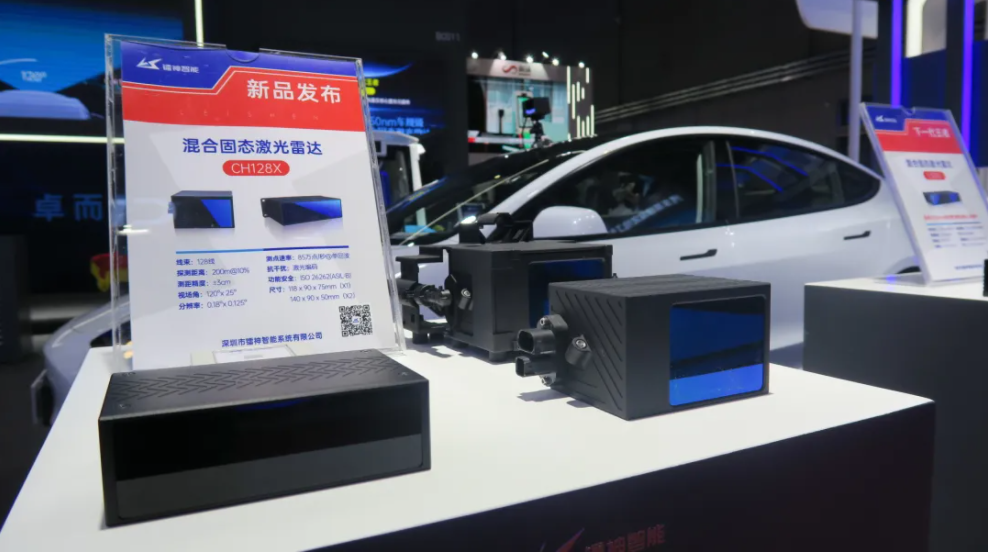
For the CH128X1 mass-produced this year, Leishen Intelligent provides two front-end installation solutions for the OEMs. One is that only one lidar is installed in the front of the car, located in the middle of the air intake grille, and the other is to install one on each side of the front of the car, which strengthens the perception of the middle ROI area than the former.
LS Proposed LiDAR installation scheme for autonomous driving
Of course, the biggest disadvantage of installing the lidar on the front of the car is that it is easy to encounter the problem of dirt, which affects the detection effect of the lidar. Regarding this point, Leishen Intelligent also considered it early and demonstrated its lidar window cleaning solution at the press conference-the dirt on the lidar window surface can be cleaned by high-pressure water spray, and the lens can be dried by wind or automatically heat through the window to evaporate the moisture on it.
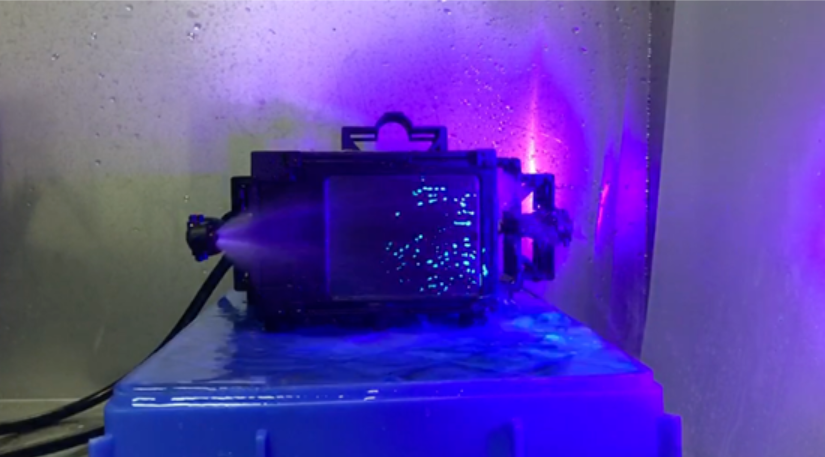
LiDAR cleaning system by high pressure spray
In addition, the surface of CH128X has been tempered, which can effectively prevent pavement gravel from scratching the lens. It can be seen that in order to get on the car, the CH128X has made sufficient preparations for the OEM in many details.
4#
Automated Production Line
At the press conference, Leishen Intelligent also showed that it has invested in the establishment of a new fully automatic lidar production base in Xuzhou this year, with a construction area of 15,000 square meters in the first phase. Leishen Intelligence will introduce the SMT standard production line in the new factory, and will automate the process introduction in the whole process of lidar production, comprehensively improve production efficiency, reduce production cycle, reduce production costs and ensure product consistency.
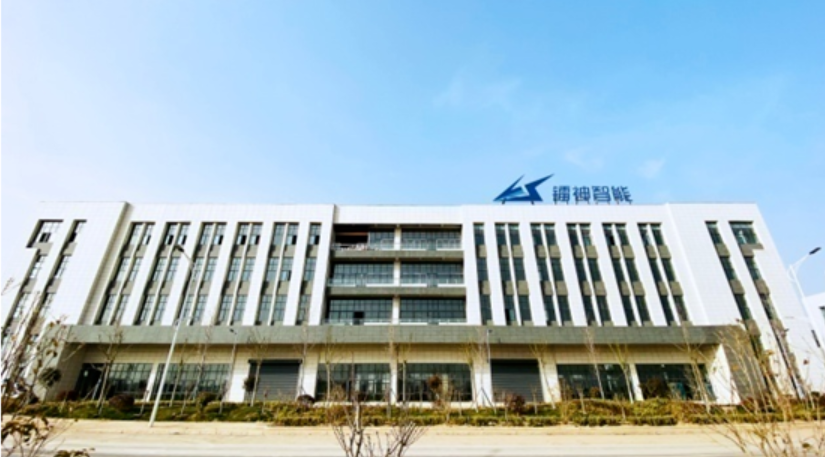
The plant will only produce automotive-grade lidar products. It has now entered the production line commissioning stage and can be put into production in June. The production capacity is expected to be 200,000 units per year in 2021, 280,000 units in 2022, and more than 450,000 units in 2023.
5#
Next generation - 1550nm technology
At the press conference, Leishen Intelligent also revealed the next flagship product-LS21G hybrid solid-state lidar. The product uses a 1550nm fiber laser, which far exceeds the 905nm lidar in terms of ranging performance, and can detect a target with a reflectivity of 5% at 250m. At present, due to the high cost of 1550nm fiber lasers, which can account for nearly 80% of the total cost of lidars, while most lidars on the market use 905nm lasers. As the “Godfather of Chinese Fiber Lasers”, the founder of Leishen Intelligence, Hu Xiaobo, gave Leishen Intelligent the strong strength of self-developed 1550nm fiber lasers and their core components, so that LS21G will be in the industry in terms of performance and cost. Absolute competitive advantage. At present,Leishen Intelligent 1550nm Lidar core fiber laser and core components are independently developed and produced by Leishen Intelligent, which can greatly reduce the overall cost of 1550nm Lidar, and can provide end customers with the world’s most cost-effective 1550nm Lidar product.
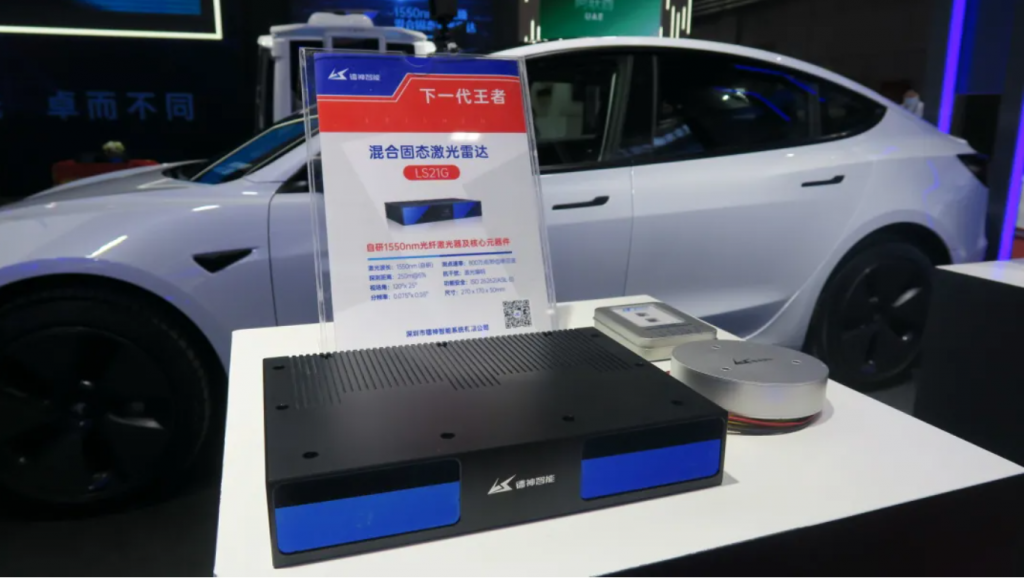
LS21G hybrid solid-state lidar and its Self-developed 1550nm fiber laser and chip
